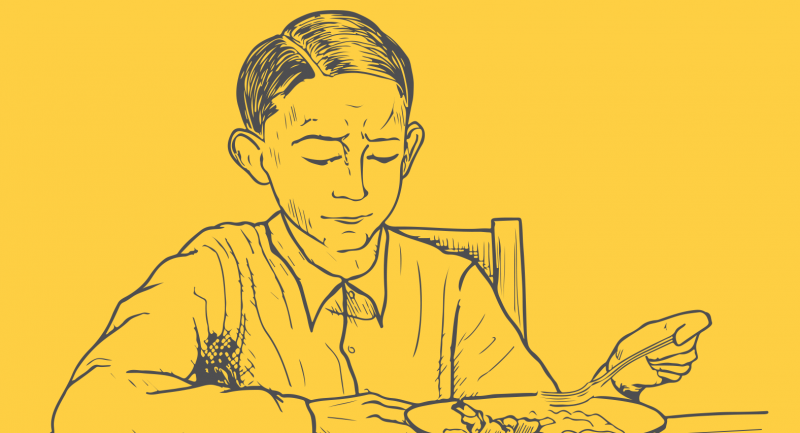
As children, we understand instinctively that we are at our best when we are ourselves. However the world slowly places us in boxes with labels slapped on them, and we spend the rest of our lives living up to those suffocating and limiting categories.
Jane De Souza’s delightfully whimsical prose puts these things that children instinctively know into prose that actually speaks to them, in her new book, Flyaway Boy.
Here are some insightful lessons that can be learned from the Flyaway Boy!
We all live in little color-coded boxes of our own making that hinder us from interacting with ‘boxes’ that appear different!
“Everyone lived in boxes. They just didn’t know that. So the world was made up of billions of boxes, all avoiding each other. For how could a grey box go and stack up near a set of pink boxes? What would the pink boxes think? Would they close into themselves, pile up and form a wall? Or maybe they would open a fold and peep out?”
∼
Sometimes when we slap a really big label on someone it stops us from discovering some incredible things about them!
“A bit about Zaira, (who may not come into the story at all) who lived next door and was working in an environmental architecture office, whose box was labelled ‘Pretty’ so no one else saw beyond that: that she was a tree climber or a guava eater, for example.”
∼
When we try and live based on what others think we out to be we limit our own progress.
“‘Pssst,’ whispered Kabir’s line. ‘I had the chance to be so much more. To be a telephone wire on which birds rated the juiciness of worms they’d just caught. A yellow line in the middle of a road going on and on forever. A string keeping a kite from getting lost. Maybe even a horizon. But now, I’m like every other one. A line.’”
∼
Being upside-down simply means you are different, not ‘wrong’.
“So, Raz was right. The ulti-matum was upside down, Kabir thought. He was upside down. Nothing was right about him. His Ma and Pa tried so hard to make him right, but he was all wrong.”
∼
It might be tempting to imitate others to try and fit in but it just doesn’t work!
“All went past and Kabir tried hard to be what he was not. He tried to fit in. He tried to talk with a loud American accent like Dhruv did, flattening his vowels like chapattis. ‘I cayn do that, you cayn’t.’ He tried to squint at the blackboard like Shayan with his thick glasses did. He tried to draw straight lines like Kalyani did.”
∼
Most of our fears arise from ‘labelling’ something or someone as ‘Not Familiar’.
“He was the one. The reason the child had gone. What else could it be? The rest of the law-abiding citizens in this town were all known. This man was not. His box said ‘Not Familiar’. We should be afraid of anything that’s not familiar, that’s not like us, shouldn’t we?”
∼
Sometimes we want the people we love to ‘be’ a certain way, but it’s more important to let them be who they are.
“I did the same to Kabir. I did not let him be what he was. I wanted him to be successful, street-smart. When he’s back, I will let him just be. He will be back, it will all be okay.’ She was talking to herself, and then she suddenly turned on Pa, ‘Why would you say he’s not okay?”
∼
We can’t let the labels that other people put on us stop us from exploring our own capacities!
“Then Kavni began to write out her clues again, in what turned out to be a poem. Which stunned her, because she definitely wasn’t the poetic type. Everybody said that Kabir was the creative one in the family, not her. Yet, in writing this poem, Kavni, to her own surprise, shook off this label from her box—the ‘Not Creative’ label was one she’d never wear again.”
∼
…And when we finally look beyond all the labels, we can envision a brighter and better ‘Fewture’!
And amid the laughter, the other kids too began to see not only what was, but what could be.
Spirited and powerfully imaginative, Flyaway Boy is a story about embracing everything that makes you uniquely you.









